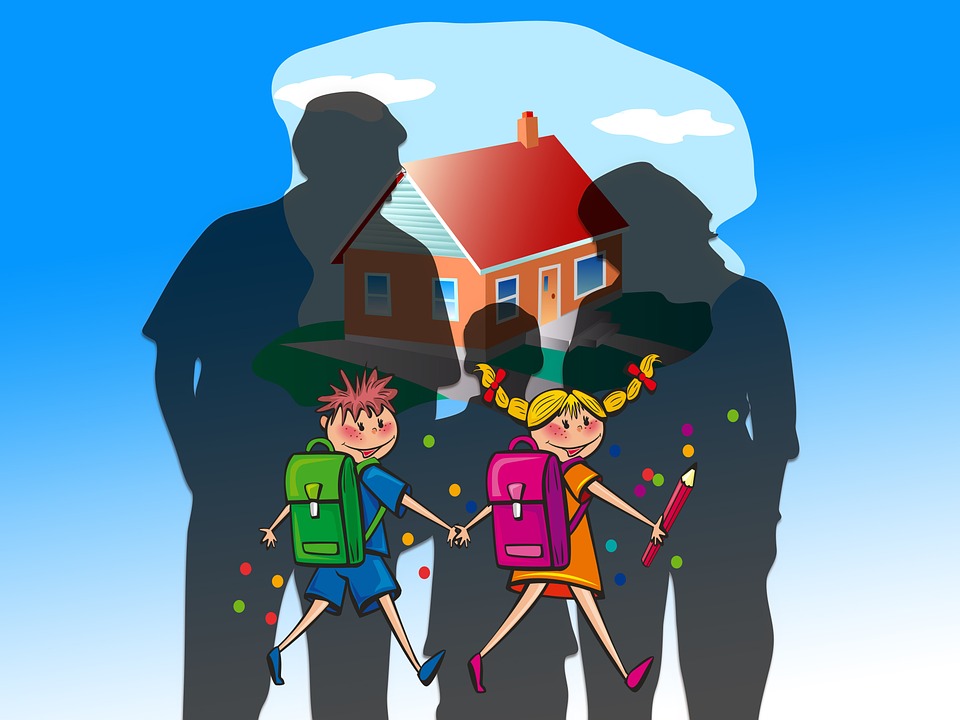Parents are the ultimate role models for children. (Bob Keeshan).Among all the factors that impact children’s life, Parent’s role stands the most significant. If parents are themselves educated, they can help profoundly in shaping their academic life and let them help achieve their academic goals easily. In this article, I will deliberate upon how it happens and what does science say about this.
The positive influence of Parent’s education on Children’s performance in school:
There is a great co-relation between academic performance of students and their parent’s educational level. The parents with higher level of schooling have children that also avail high level of schooling. This has been concluded in a research study conducted by Matt Dickson, Paul Greg and Harriot Robinson, professors at University of Bath and Bristol UK. They have concluded that this has been a consistent finding in many studies in various countries. Here is what they say” Our results suggest that increasing parental education has a positive causal effect on children’s outcomes that is evident at age 4 and continues to be visible up to and including the high stakes examinations taken at age 16.”
How and in what ways parents education affects children’s academic outcomes has also been researched extensively. Some of the explanations are listed below:
- The parents learn skills and values at schools and knowledge of the educational system that help them in interacting with their children in their learning activities at home. (A study by Eccles and Davis Kean, 2005).
- Educated parents can collaborate well with teachers in resolving problems related to academic performance of their children.
- The educated parents motivate their children to read books and use library.
- The educated parents can help their children doing their homework.
- The role of technology in classroom and its 24/7 availability with potential benefits of distant learning and on-line learning makes its knowledge and use critical for today’s children. The educated parents can immensely help here too. A joint study by the Mauritius institute of education and Brunel University London that involved 31 students, 15 parents, and one physics teacher discovered that students consolidated their existing knowledge of measurement through an interactive website. They did it before attending classes with the collaboration of their parents. We all know the immense power of technology and how technology will impact education in 2020’s? The educated parent’s role will therefore be critical in helping their children to face the related challenges.
- There is scientific explanation of student’s better academic performance as well. It says that basic cognitive function related to attention and memory is enhanced by higher aerobic fitness and physical activity, since it improves brain health. If the parents are educated they tend to motivate their children more for physical and mental fitness than their illiterate counterparts.
Key Facts about parental education:
- The proportion of children aged 6-18 with parents having a bachelor degree is on the rise. It has increased from 30% in 2005 to 38% in 2017 in case of fathers and 26% to 36% among mothers in the same period.
- The parental education gaps exists among races and ethnic origins. See the following graph:

- The above graph depicts a sordid picture of Mexican and Hispanic community, where only 11% and 16% of both the parents have at least a Bachelor’s degree. The position for Non-Hispanic black children (27% for mothers and 28% for fathers) is though far better than Mexican and Hispanic children, but is far lower than Non-Hispanic whites who have the highest percentage of parents with a bachelor’s degree. i.e. 45% and 46% for fathers and mothers respectively.
- The situation of non-educated parents across all communities is however improving, despite gaps still existing, as depicted by following graph:

Academic performance of children with or without parental education:
- The most improvement showed in case of Non-Hispanic black children who had 58% mothers without high school education in 1974, but in 2017 this has declined to 9%.The Hispanic children percentage of such children is halved from 62% to 31% during the same period. The non-Hispanic white’s children are in the best position as in 2017 they have only 4% mothers without a high school education.
- The following graph describes the status of parental education among racial/ethnic communities. As evident the Latinos and black children are far behind their Asian and white counterparts having 35% and 51% parents respectively having some college education against 73% whites and 76% Asian children. There are only 5% white and 8% Asian children that have parents with less than high school education unlike less-fortunate Black and Latino counterparts with 15% and 36% parents falling in the same category.
The children having parents without education or very less education lag behind in achieving better academic results owing to less engagement of their parents in school and learning process. The non-educated parents often belong to low-income brackets and this affects their behavioral patterns also. As a result they can’t inculcate good habits in their children. For example if you are non-educated and poor you can’t teach your kids about saving money. This can be said about other positive attitudes also like reading habits and other cognitive skills which a child with educated parents can learn at home at a very early age.
The following statistics from research studies explain the gap in academic activities of children with educated parents and not-so-educated ones:
- In 2016, 87% of the parents with a Bachelor or higher degree attended school or class event compared to those with less than high school education with 54% participation.
- The 65% of parents with graduation or professional school education served in school’s committees of their children against a meager 25% serving by those who did not graduate from a high school.


